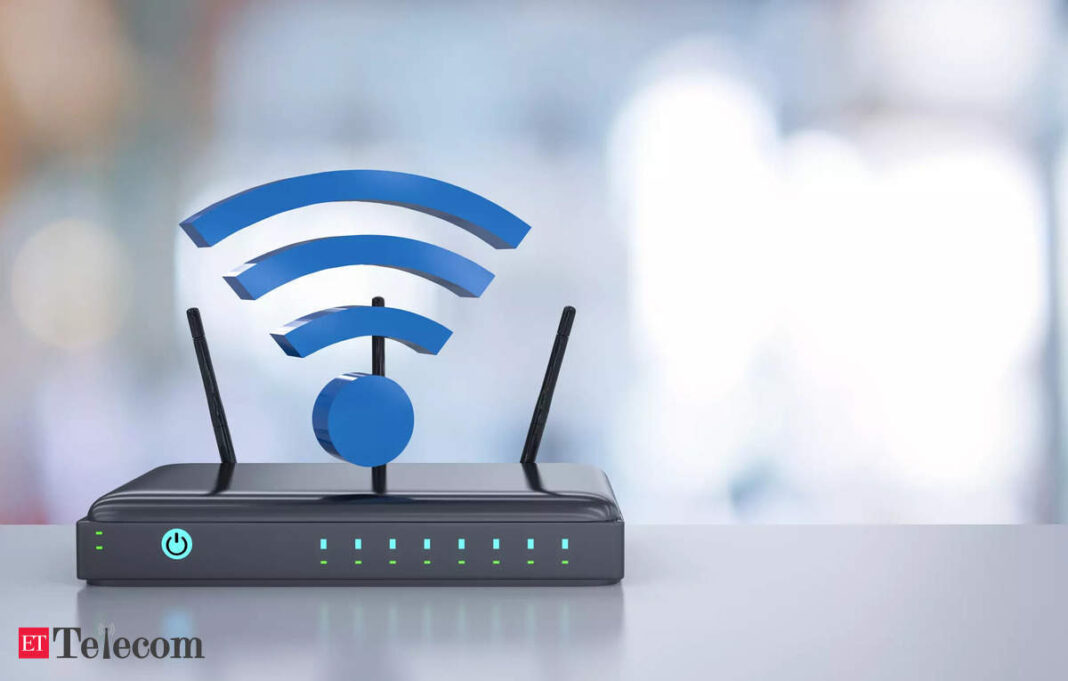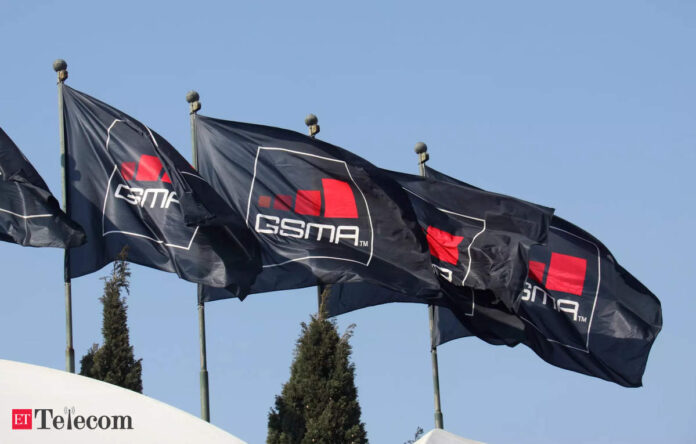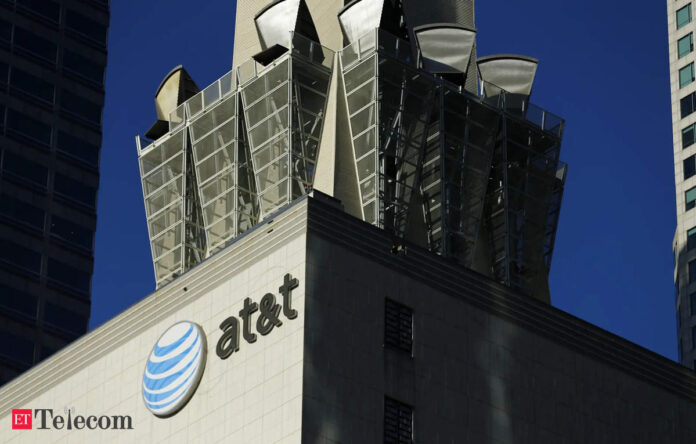In Short:
The recent updates to the PM-WANI guidelines will enable more people in India to create local Wi-Fi hotspots, fostering thousands of micro-entrepreneurs. The Broadband India Forum (BIF) stated that instead of losing revenue, telecom companies could gain significantly from new business opportunities. The amendments simplify the process for public data offices, helping provide affordable internet access and reduce network congestion.
New Delhi: The recent amendments to the PM-WANI framework guidelines are poised to boost the number of individuals operating Wi-Fi hotspots within their local communities, ultimately generating millions of micro-entrepreneurs across India, according to the Broadband India Forum (BIF).
BIF, which represents prominent technology companies such as Meta, Google, Amazon, and TCS, has countered claims made by telecommunications companies that the PM-WANI initiative is redundant and could lead to revenue losses. “If India succeeds in establishing 50 million PM-WANI hotspots, as planned, telcos could potentially receive an additional Rs 60,000 crore in annual revenue from bandwidth sales, along with the advantage of attracting more broadband users who they might not reach otherwise,” BIF stated in a press release.
Amendments Overview
The Department of Telecommunications (DoT) has revised the guidelines for the Prime Minister Wi-Fi Access Network Interface (PM-WANI) initiative. Key adjustments include enabling roaming between public data office aggregators (PDOAs), eliminating the requirement for commercial agreements between telcos and public data offices (PDOs), and allowing PDOs to utilize existing access points for both public and private purposes. Furthermore, PDOs are now authorized to accept mobile data offload from telcos, which will help alleviate congestion in mobile networks.
Impact on Public Wi-Fi Providers
BIF believes these amendments will significantly enhance the potential of PM-WANI, making affordable internet access available to millions of users while benefiting public Wi-Fi providers as well. “The amendments will help unleash the true potential of PM-WANI by providing structural changes that simplify business operations, thereby addressing long-standing bottlenecks that have impeded the growth of PM-WANI. This development is essential for realizing the aspirations of Digital India,” said TV Ramachandran, President of BIF.
Removal of Commercial Barriers
The technology industry association highlighted that the prior barrier of mandatory ‘commercial agreements’ at what they termed “exorbitant rates” had been a significant hurdle for PDOs striving to secure internet connectivity from telecom firms and internet service providers. According to BIF, such agreements were often misinterpreted by telcos, compelling PDOs to procure internet leased lines at steep commercial tariffs. This misinterpretation resulted in connections that could have cost a few thousand rupees annually for PDOs being offered at rates between Rs 4 lakh and Rs 8 lakh per annum in the name of commercial agreements.





